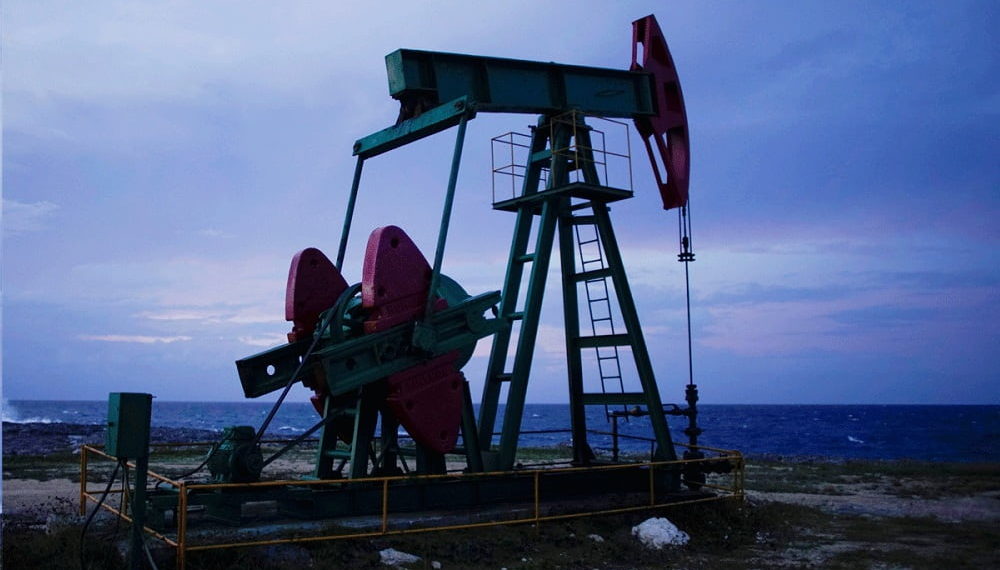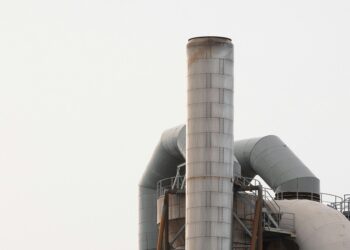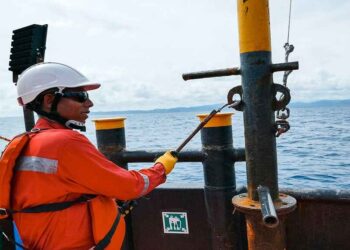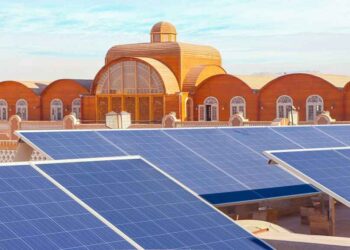Spanish oil and gas company Repsol plans to invest 80 million euros ($90 million) to build two new plants in the Bilbao area as part of efforts reduce its carbon emissions.
Repsol will build what it said would be one of the world’s biggest net-zero emissions fuel facilities, based on green hydrogen generated with renewable energy and carbon dioxide captured at the Petronor refinery in northern Spain, in which it owns a majority stake.
The second plant will generate gas from urban waste, replacing some of the traditional fuels used by the Petronor refinery, Chief Executive Josu Jon Imaz told a news conference on Monday.
“With this project, Repsol becomes a relevant player in reducing carbon emissions,” Imaz said. Repsol had set a target to reduce its carbon emissions to a net zero by 2050 to contribute to the general struggle to avert global warming.
Companies aiming to achieve “net-zero” usually balance emissions from their operations by investing in technology that can store carbon, or in natural sinks such as forests.
Repsol said it could reach at least 70% of its goal using technology that was already developed or nearly mature, and then would implement carbon capture, use and storage to raise that figure, and turn to natural sinks if necessary.
The first project, fuel production from hydrogen and CO2, announced on Monday will be experimental and produce 50 barrels of synthetic fuel a day, Repsol said. The project will be “scalable in a later stage depending on the results obtained.”
The second project will be able to process 10,000 tons of urban waste a year and capacity could be increased to 100,000 tons a year, or all the urban waste produced in the area.



















































